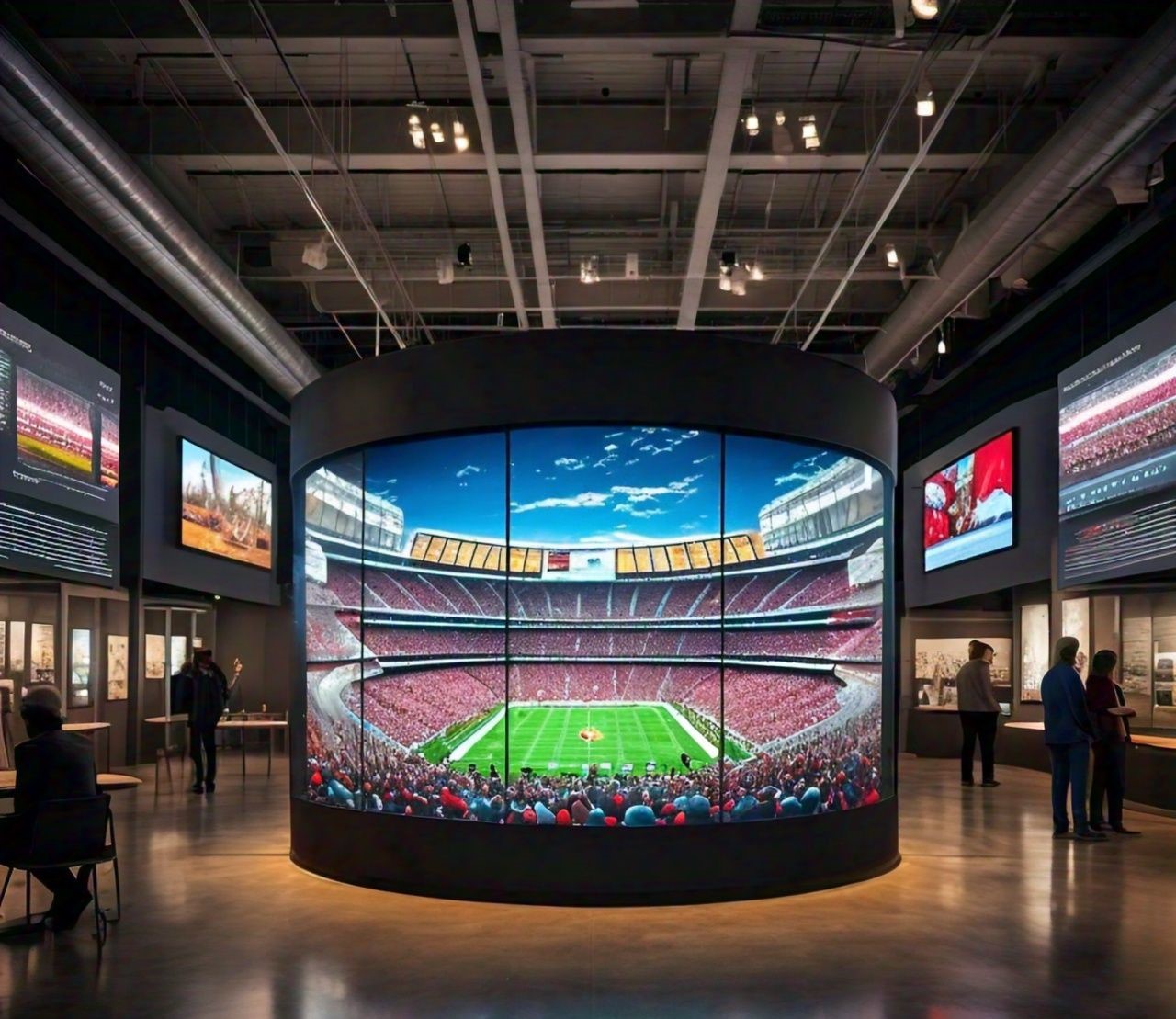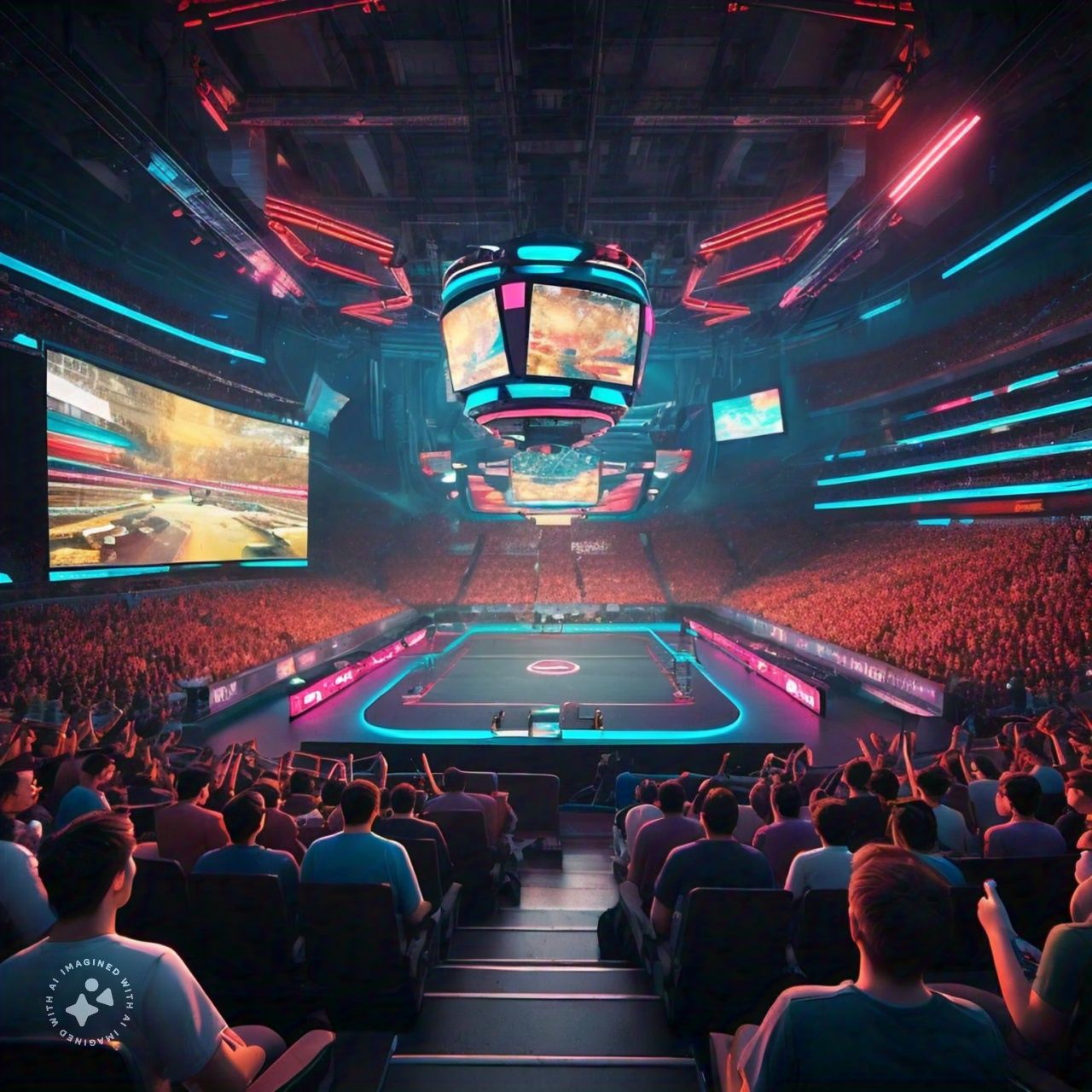Exploring the Intricate Relationship Between Sports and Politics Leave a comment
The interconnection between sports and politics is difficult and multifaceted. Throughout history, sports have been used as a platform for political expression, a tool for diplomacy and an arena for showcasing national pride. This article explores the profound relationship between sports and politics, examining historical instances, key figures and the impact of political influences on the world of sports.
The Historical Interplay Between Sports and Politics
Sport as a Political Tool
The relationship between sports and politics can be traced back to ancient civilizations. In Ancient Greece, the Olympic Games were not just a display of athletic daring but also a medium for fostering peace and unity among warring city-states. The Games provided a neutral ground where political hostilities were suspended and athletes competed in the spirit of unity and excellence.
Similarly, in Ancient Rome, gladiatorial games and chariot races were often used by emperors to gain public favor and distract citizens from political issues. These events served as a means of showcasing power and control with the political elite using sports to guide public opinion.
Cold War and Olympic Boycotts
The 20th century saw sports becoming deeply intersects with global politics, especially during the Cold War. The Olympic Games became a battleground for ideological supremacy between the United States and the Soviet Union. The competition was not just about winning medals but also about proving the superiority of each nation’s political system.
One of the most significant examples of this interplay was the 1980 Moscow Olympics boycott by the United States and several other countries in protest against the Soviet invasion of Afghanistan. In revenge, the Soviet Union and its allies boycotted the 1984 Los Angeles Olympics. These boycotts underscored how sports could be leveraged as a powerful tool for political statements and international diplomacy.
Key Figures Who Bridged Sports and Politics
A CHAMPION OF CIVIL RIGHTS
Muhammad Ali, one of the greatest boxers of all time also became a popular political figure. Ali used his platform to speak out against racial favoritism and the Vietnam War, famously refusing to be drafted into the military on the grounds of his religious beliefs and opposition to the war. His attitude cost him his boxing titles and led to legal battles but it also solidified his legacy as a champion for civil rights and social justice.
Using Rugby for Nation-Building
Nelson Mandela, South Africa’s first black president, recognized the combining power of sports. Following the end of discrimination, Mandela used the 1995 Rugby World Cup to foster national unity. By publicly supporting the essentially white South African rugby team, the Springboks, Mandela sent a powerful message of agreement and nation-building. The Springboks’ victory in the tournament became a symbol of a new, united South Africa.
Sports as a Platform for Social and Political Movements
The Black Power Salute: A Defiant Act
At the 1968 Mexico City Olympics, American sprinters Tommie Smith and John Carlos raised their fists in a Black Power salute during the medal ceremony also drawing attention to racial injustices in the United States. This act of audacity brought global visibility to the civil rights movement and underscored the potential of sports as a platform for political expression.
Colin Kaepernick: Kneeling for Justice
In recent years, NFL quarterback Colin Kaepernick’s decision to kneel during the national anthem to protest police cruelty and racial inequality has lightened the conversation about sports and politics. Kaepernick’s actions sparked widespread debate and inspired other athletes to use their platforms to advocate for social justice also establishing the enduring power of political activism in sports.
The Role of Governments and Organizations
State-Sponsored Sports Programs
Governments have historically invested in sports programs to achieve various political objectives. During the Cold War, both the United States and the Soviet Union heavily funded their sports programs to verifying their political and cultural superiority. Similarly, China’s extensive investment in sports aims to project its global influence and achieve soft power.
International Sporting Organizations
International sporting organizations like the International Olympic Committee (IOC) and FIFA play significant roles in the intersection of sports and politics. These organizations often navigate complex political landscapes also dealing with issues such as human rights, corruption, and political conflicts. The awarding of hosting rights for major events like the Olympics or the FIFA World Cup often involves political considerations and lobbying.
The Impact of Politics on Sports Events
The Politicization of the Olympic Games
The Olympic Games have frequently been at the center of political controversies. Apart from the Cold War-era boycotts, other notable instances include the 1936 Berlin Olympics which Adolf Hitler used as a propaganda tool for Nazi Germany, and the 1972 Munich Olympics, marred by the tragic terrorist attack against Israeli athletes.
Political Protests and Sporting Events
Political protests at sporting events are not uncommon. From athletes taking a knee to spectators displaying political banners, sports arenas have become venues for political expression. These acts can raise awareness about significant issues but also pose challenges for organizers who must balance the freedom of expression with maintaining order and neutrality.
The Influence of Sports on Political Relations
Sports Diplomacy: Building Bridges
Sports diplomacy involves using sports as a means to improve diplomatic relations between countries. One of the most famous examples is “Ping Pong Diplomacy” in the 1970s when table tennis matches between American and Chinese players helped thaw relations between the two nations eventually leading to President Richard Nixon’s historic visit to China.
Modern Examples of Sports Diplomacy
In recent years, sports diplomacy has continued to play a role in international relations. For example, the 2018 Winter Olympics in Pyeongchang saw North and South Korea march together under a unified flag, symbolizing a temporary easing of tensions on the Korean Peninsula. Such instances highlight the potential of sports to act as a bridge in conflict-ridden regions.
The Ethical Dilemmas of Sports and Politics
Balancing Sportsmanship and Political Advocacy
While the intersection of sports and politics can drive positive change it also raises ethical problems. Athletes and organizations often face difficult decisions about when and how to engage in political advocacy without compromising the integrity of the sport. Striking this balance is crucial to ensuring that sports remain a unifying force.
The Commercialization of Political Activism
Another ethical concern is the commercialization of political activism in sports. Companies and sponsors may seek to capitalize on athletes political stances, raising questions about the authenticity of their support. Ensuring that political activism in sports remains genuine and not merely a marketing strategy is necessary to securing its impact.
Conclusion
The relationship between sports and politics is dynamic and ever-evolving. From ancient times to the present day, sports have served as a mirror reflecting societal values, conflicts and aspirations. As athletes continue to use their platforms to advocate for change and governments promotes sports for diplomatic purposes, the interplay between sports and politics will undoubtedly remain a significant aspect of the global landscape.
Understanding this complex interplay requires acknowledging both its potential to drive positive change and the ethical challenges it presents. As we move forward, fostering an environment where sports can contribute to political and social progress while maintaining its core values will be key to driving this complex relationship.


















